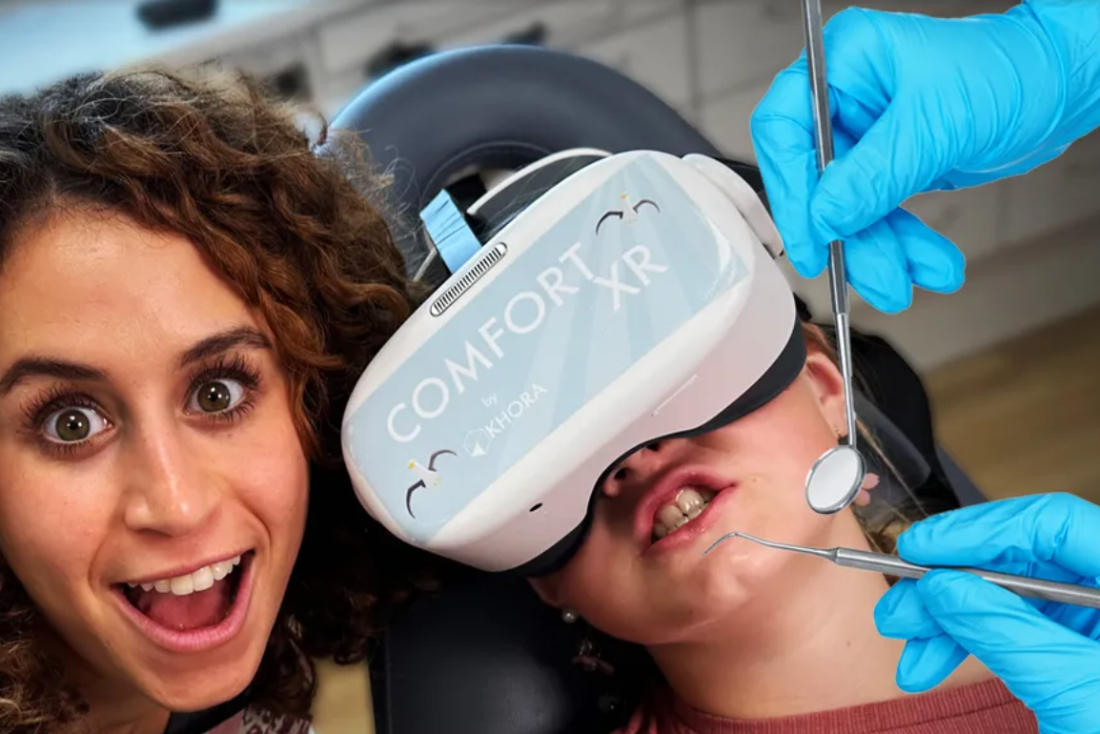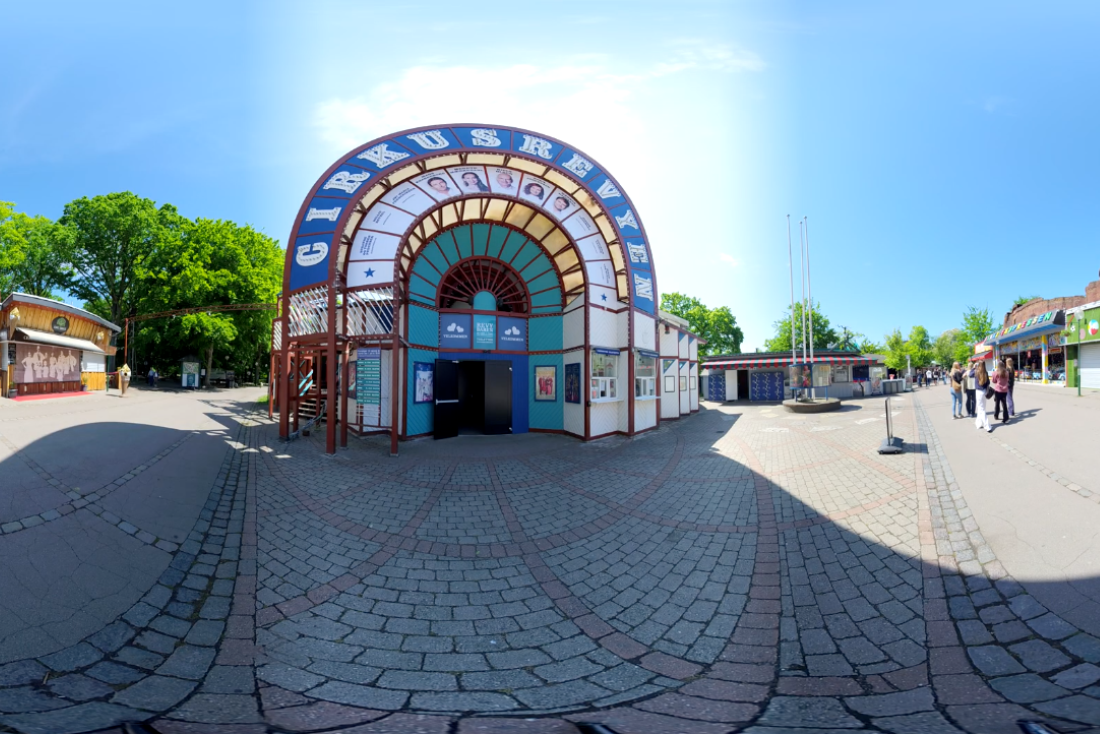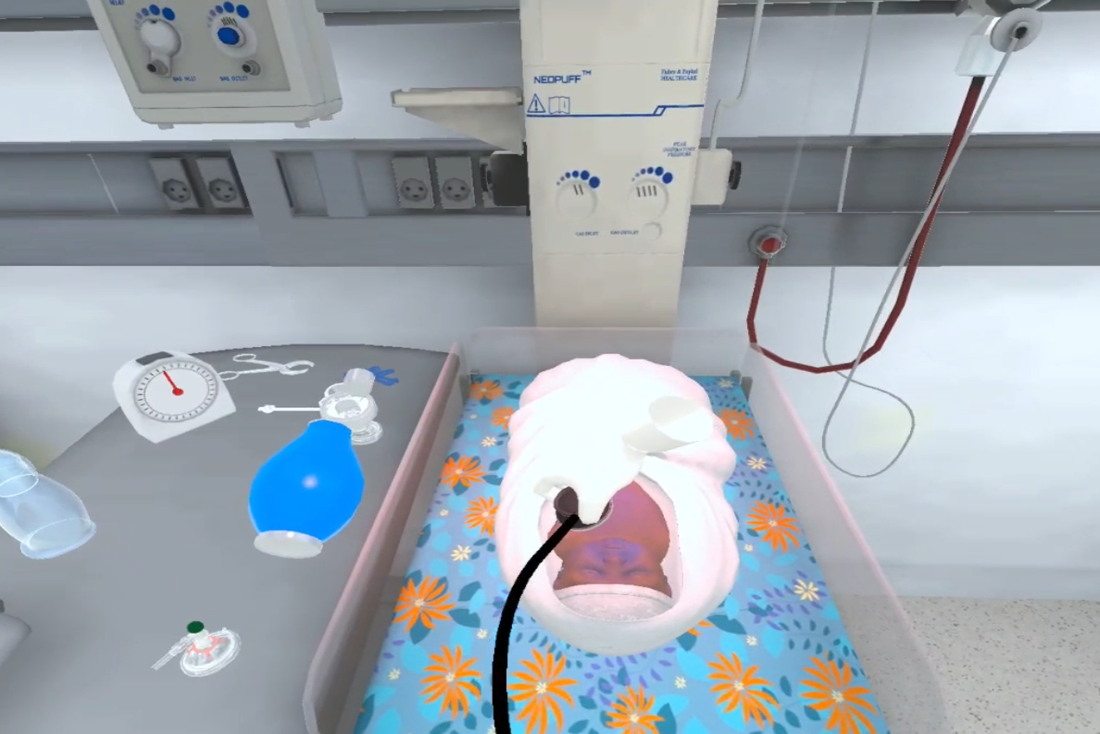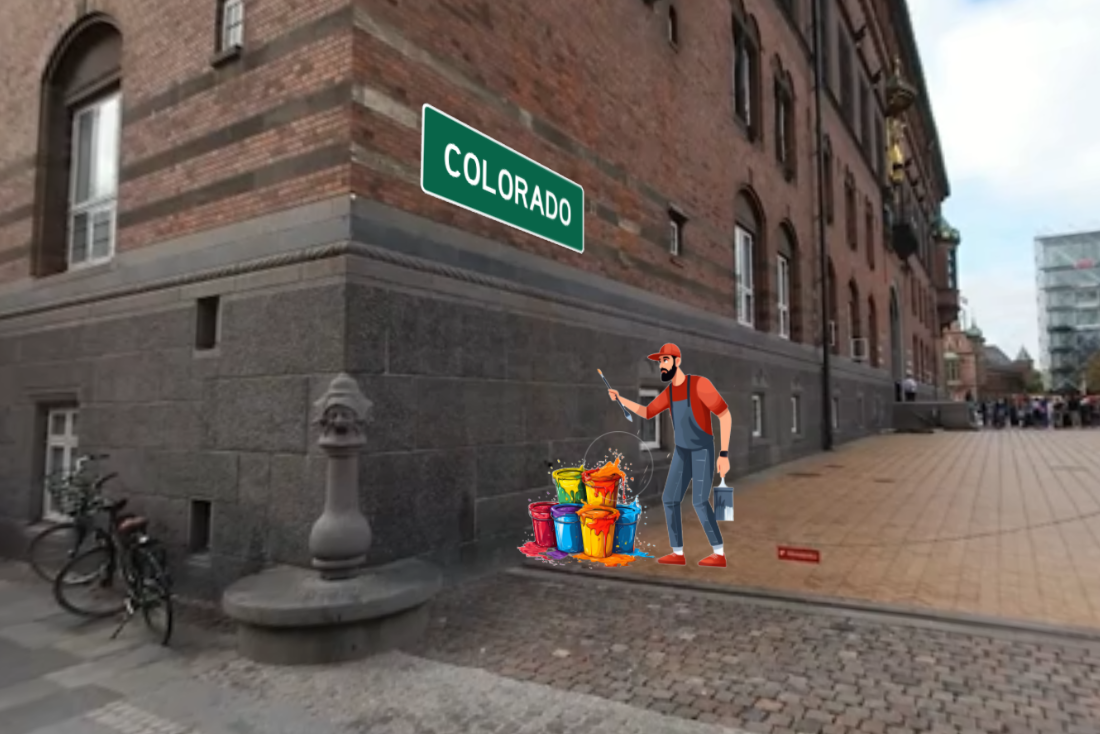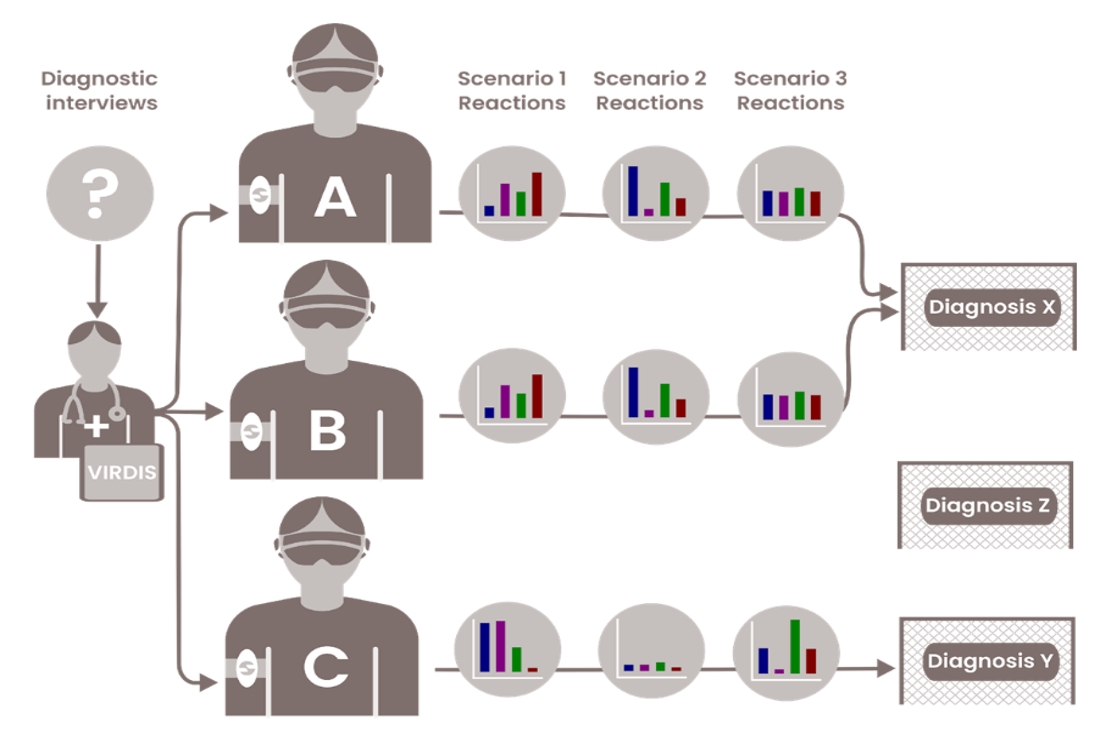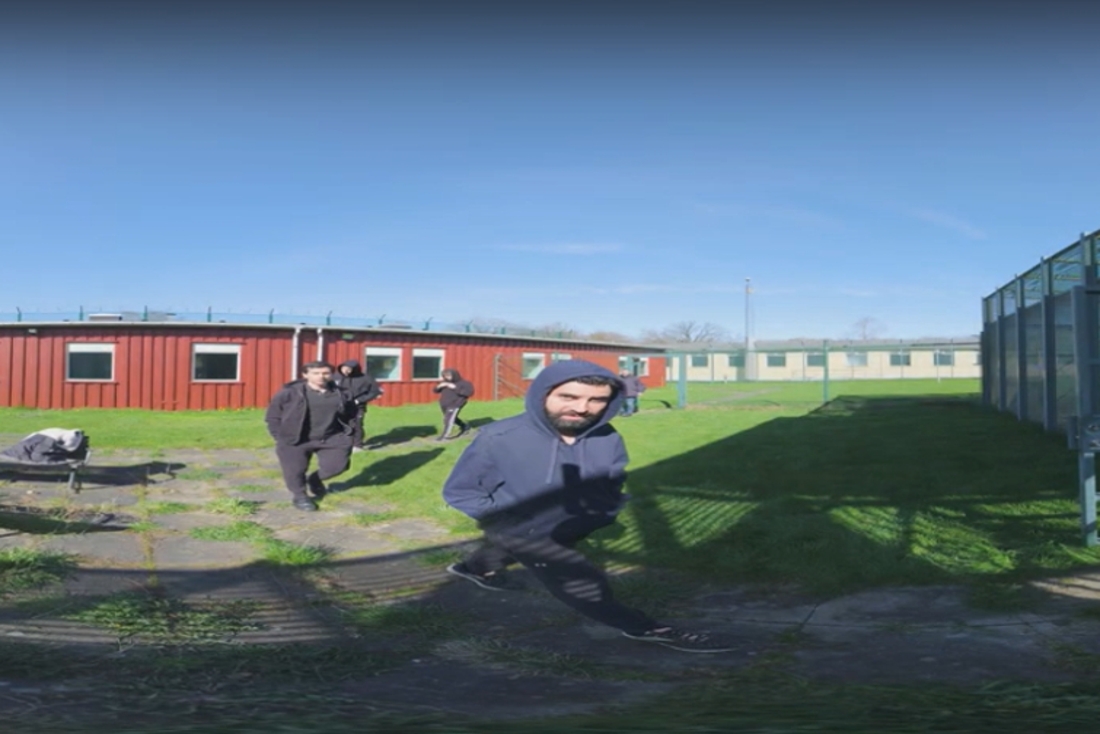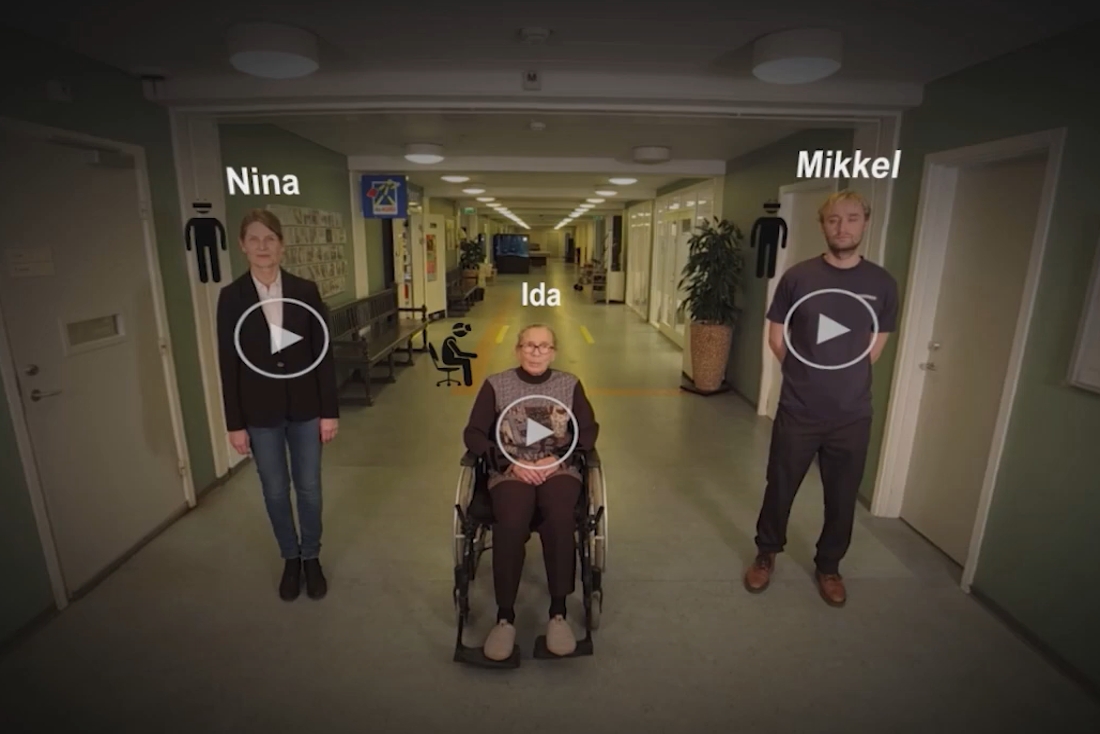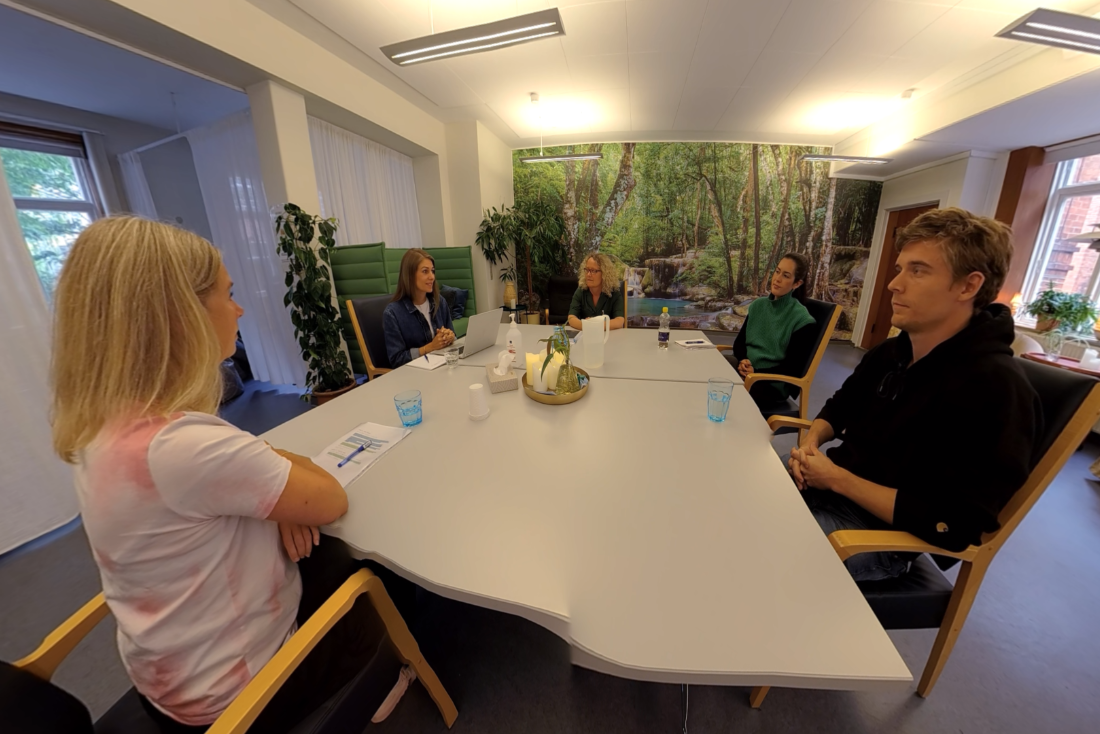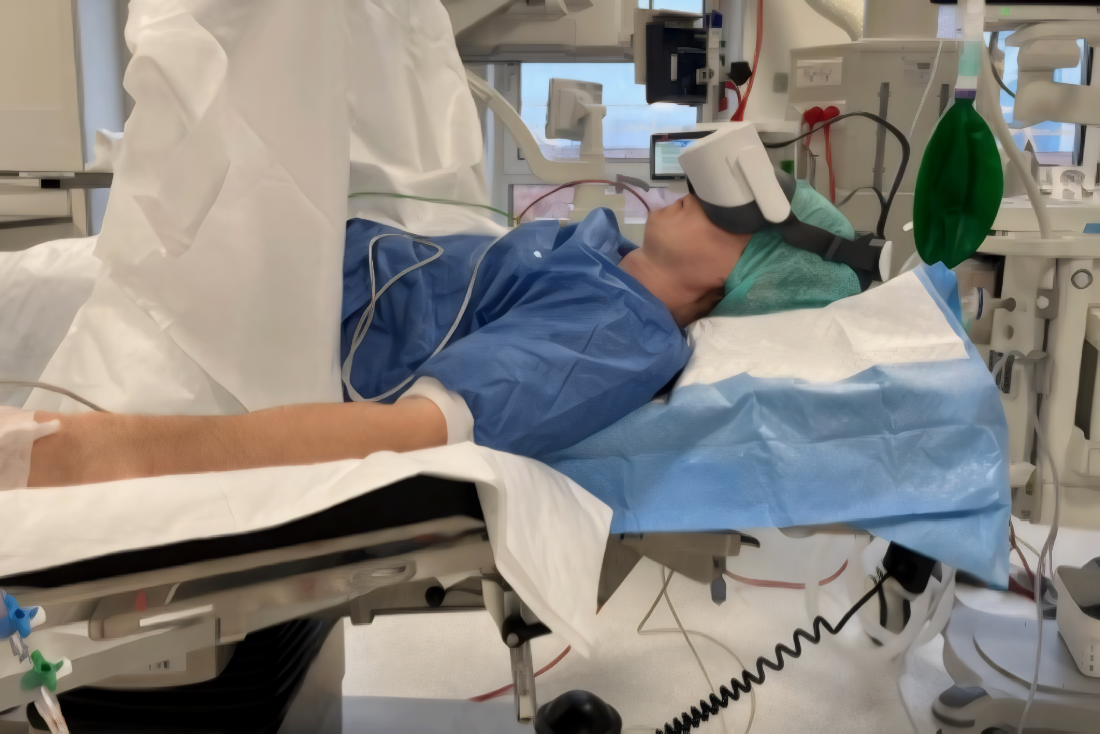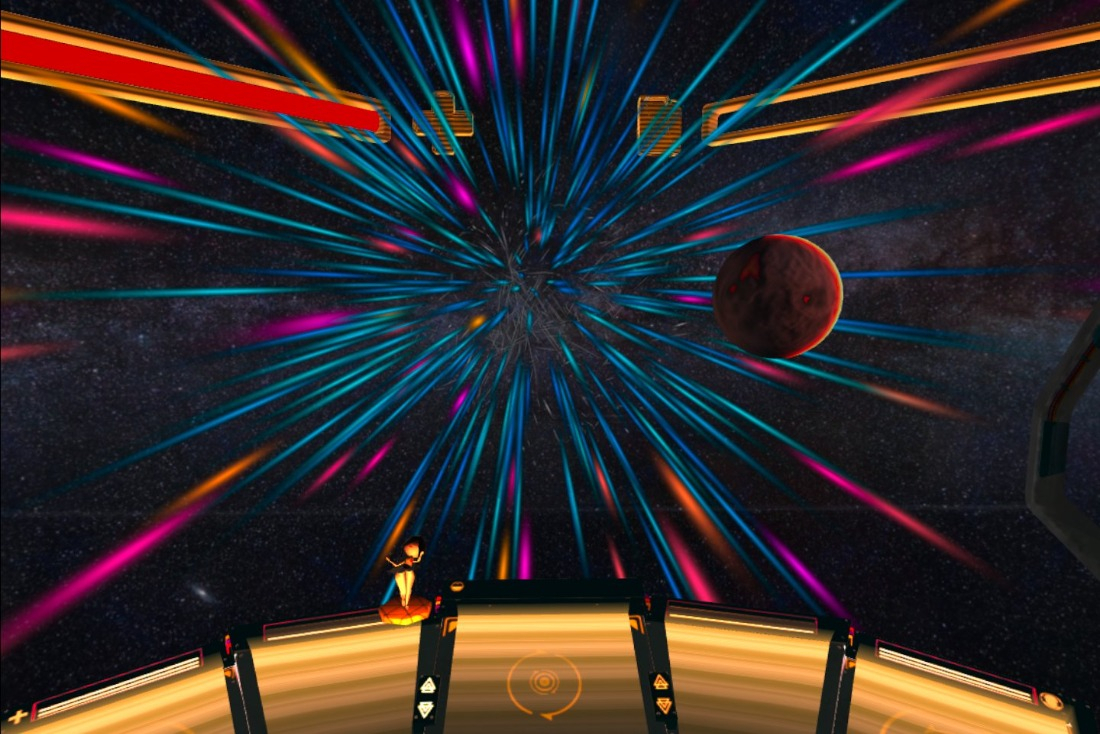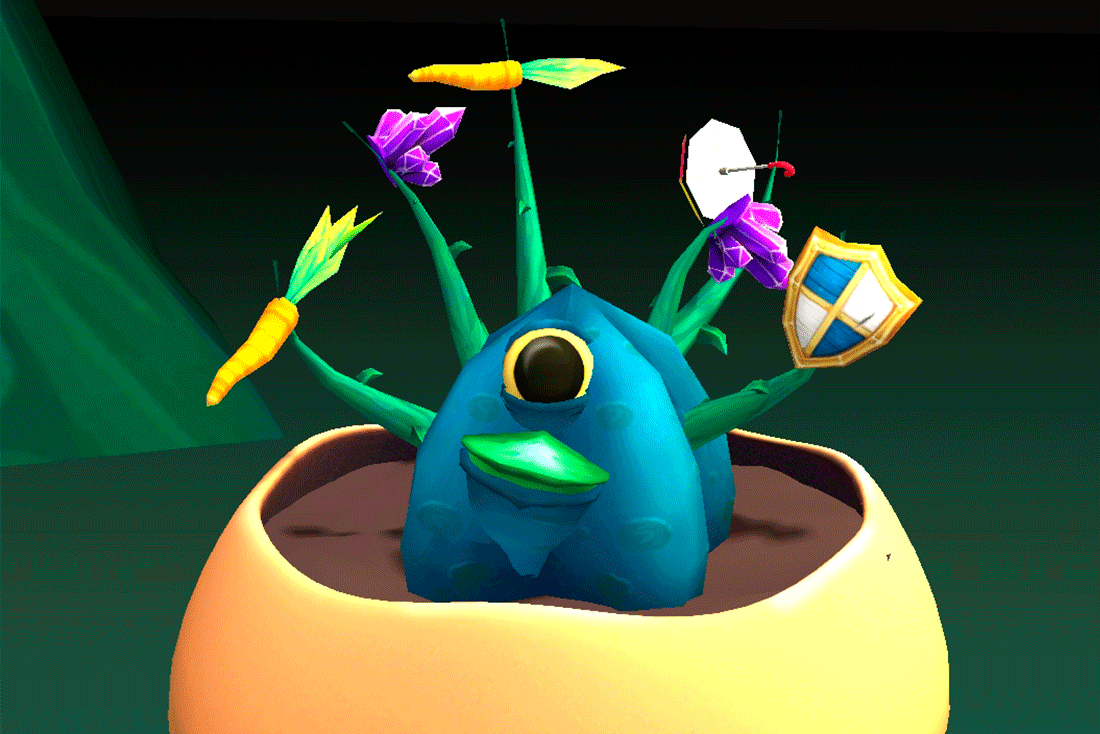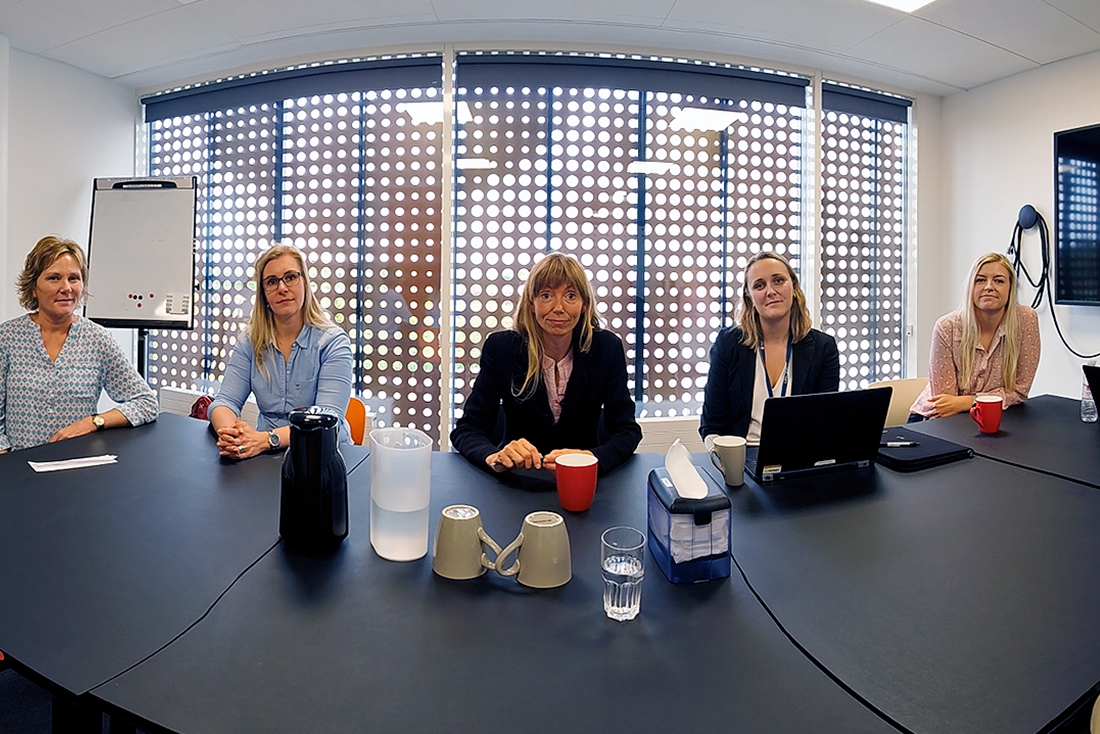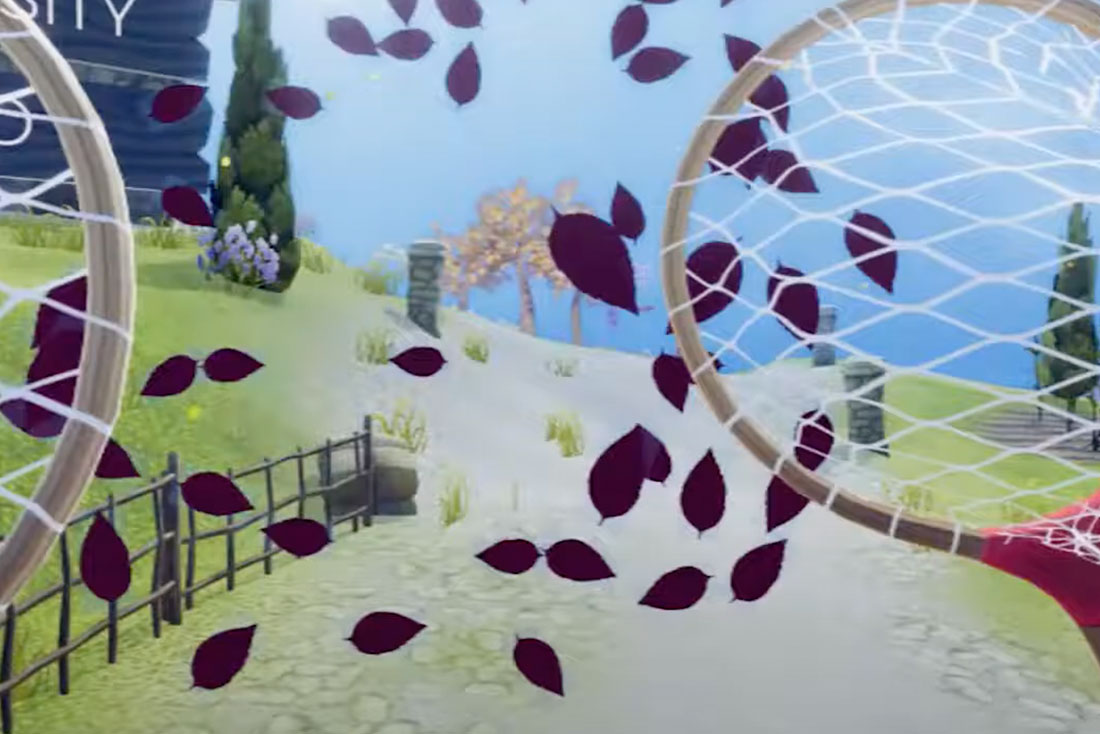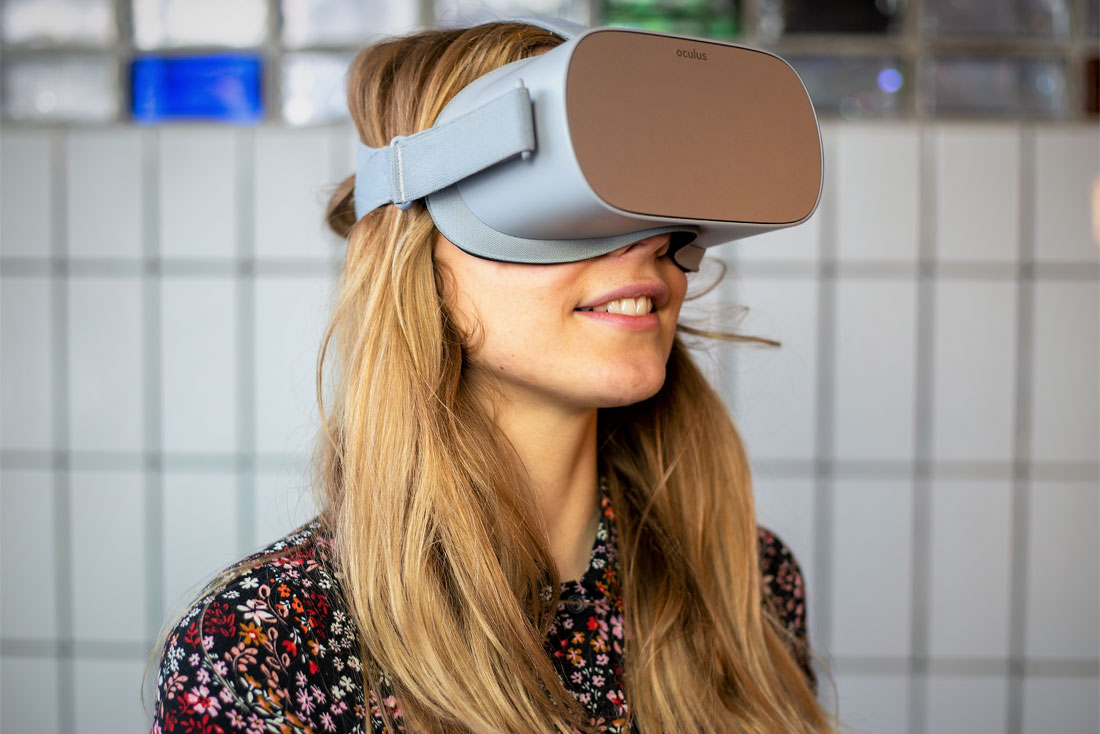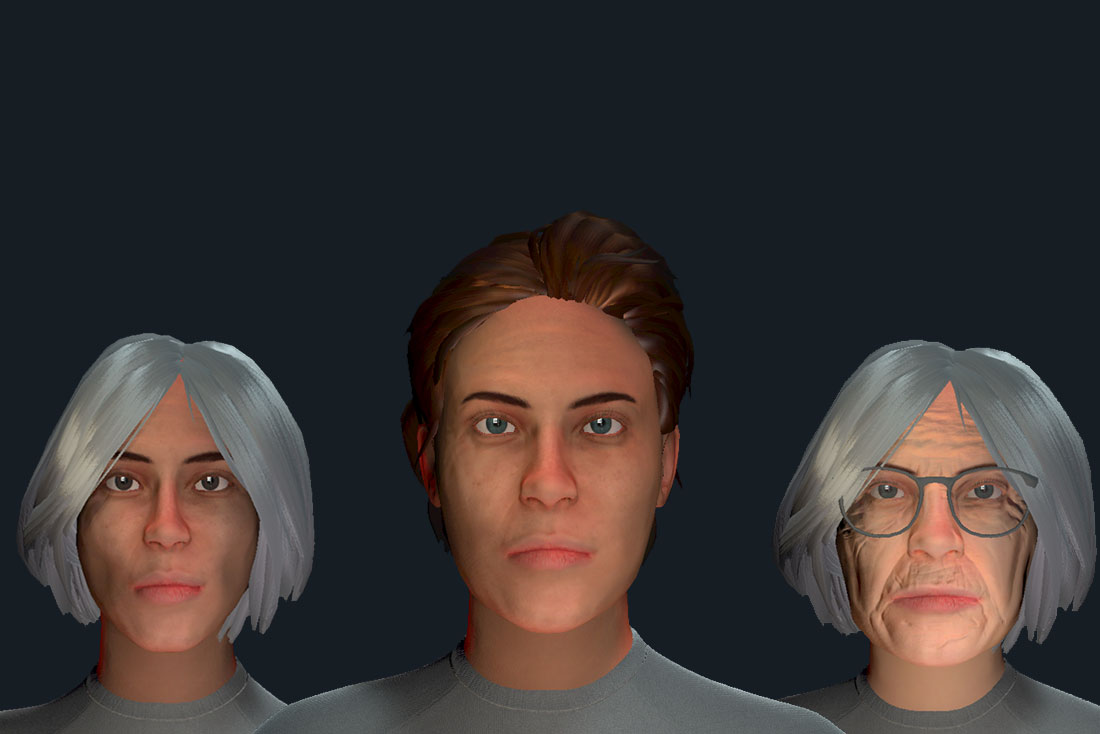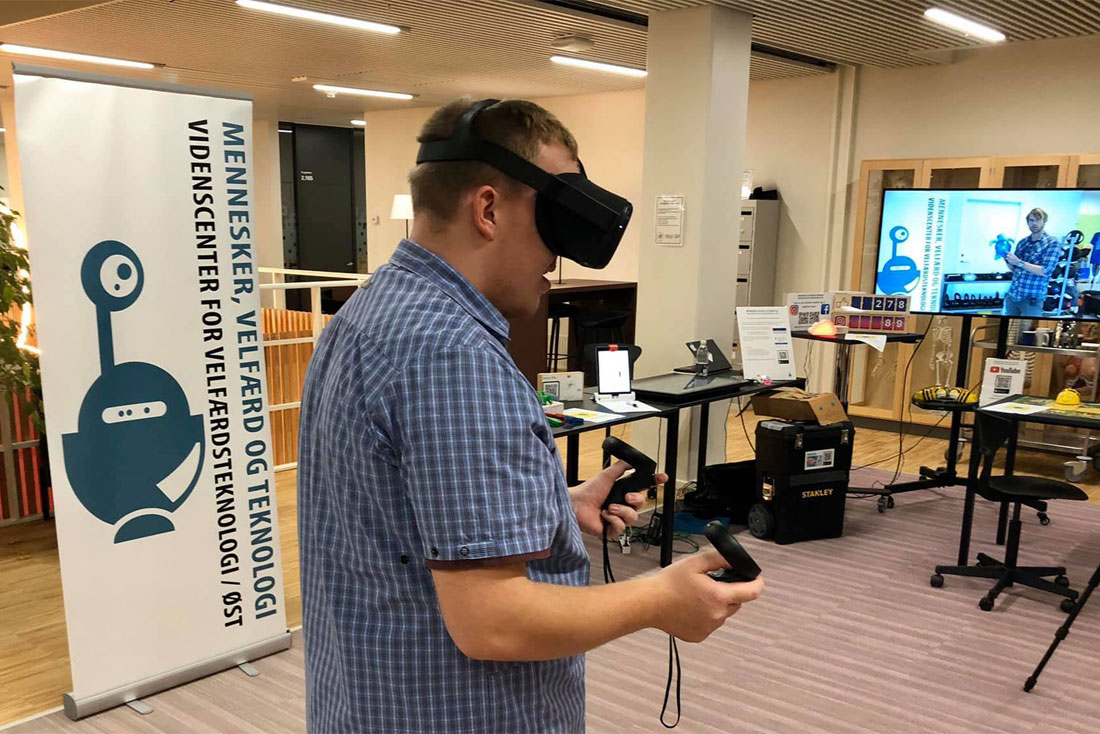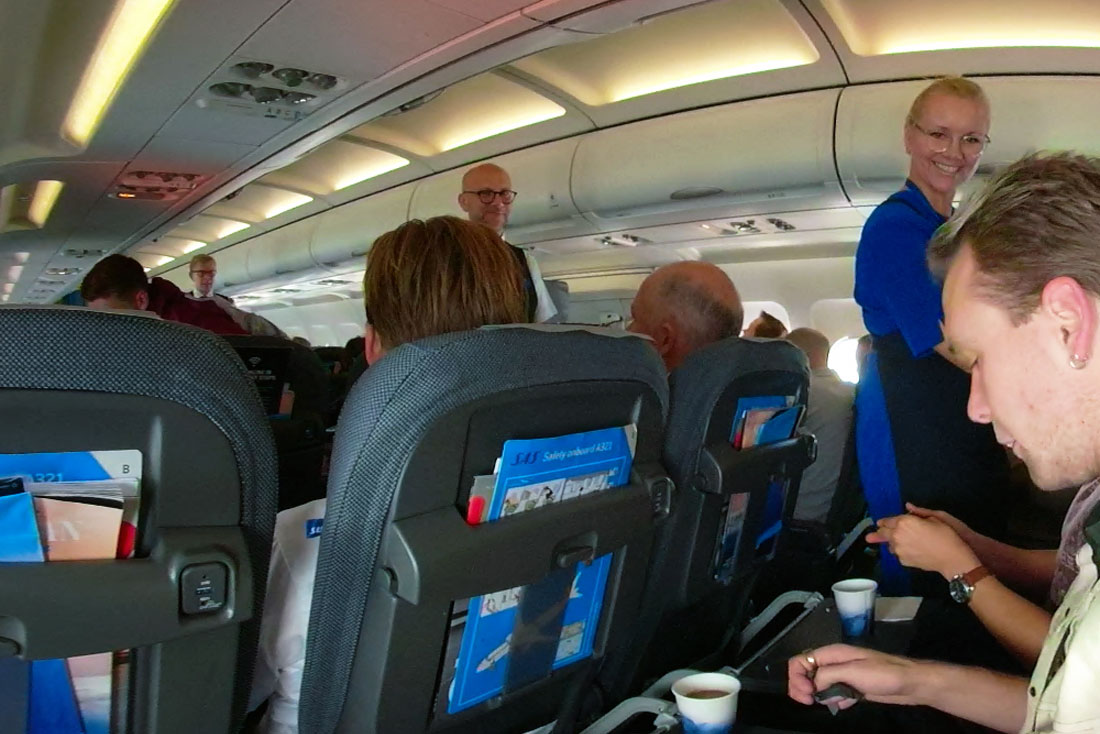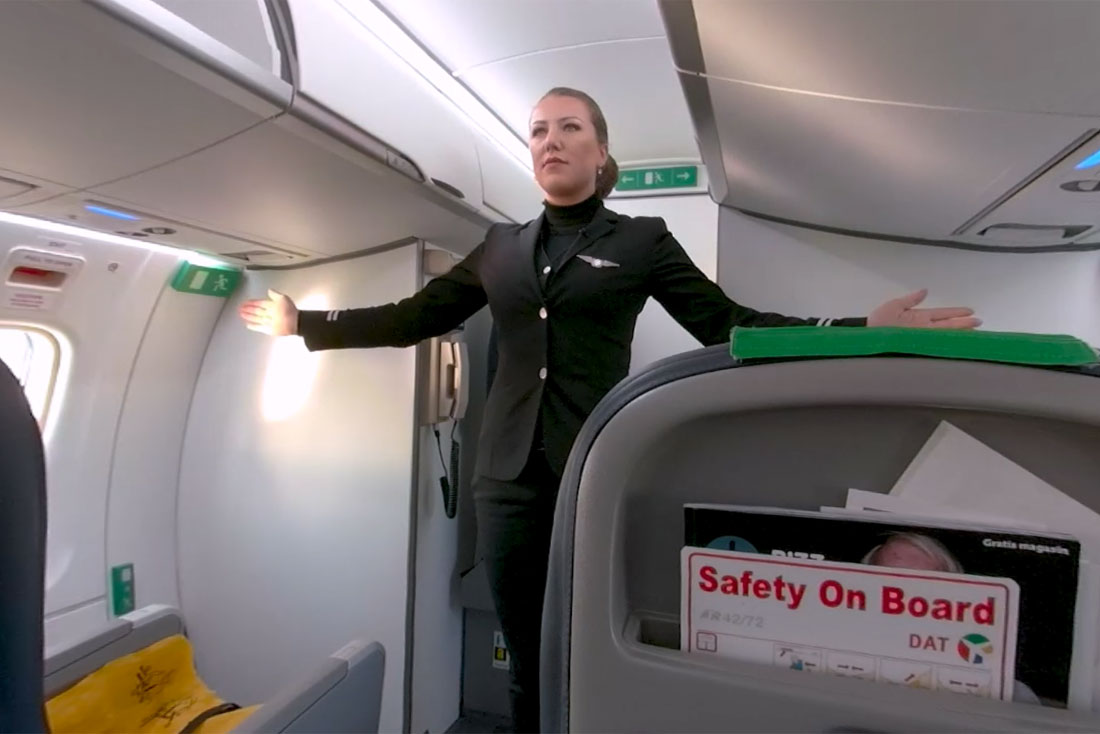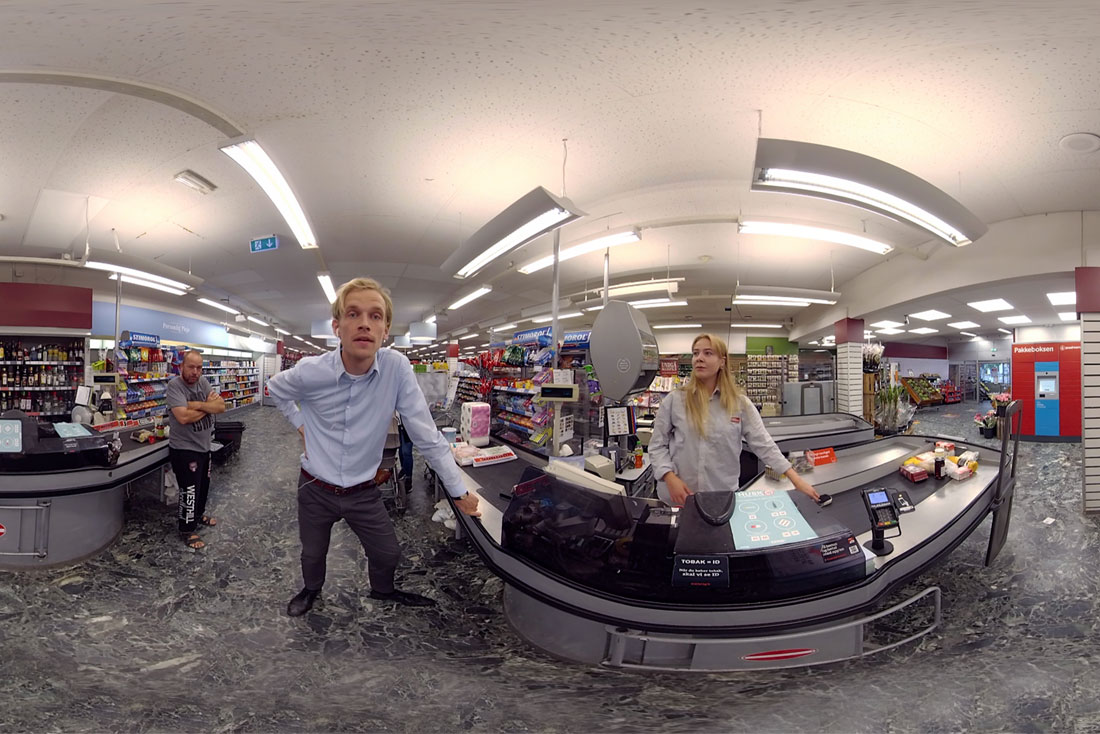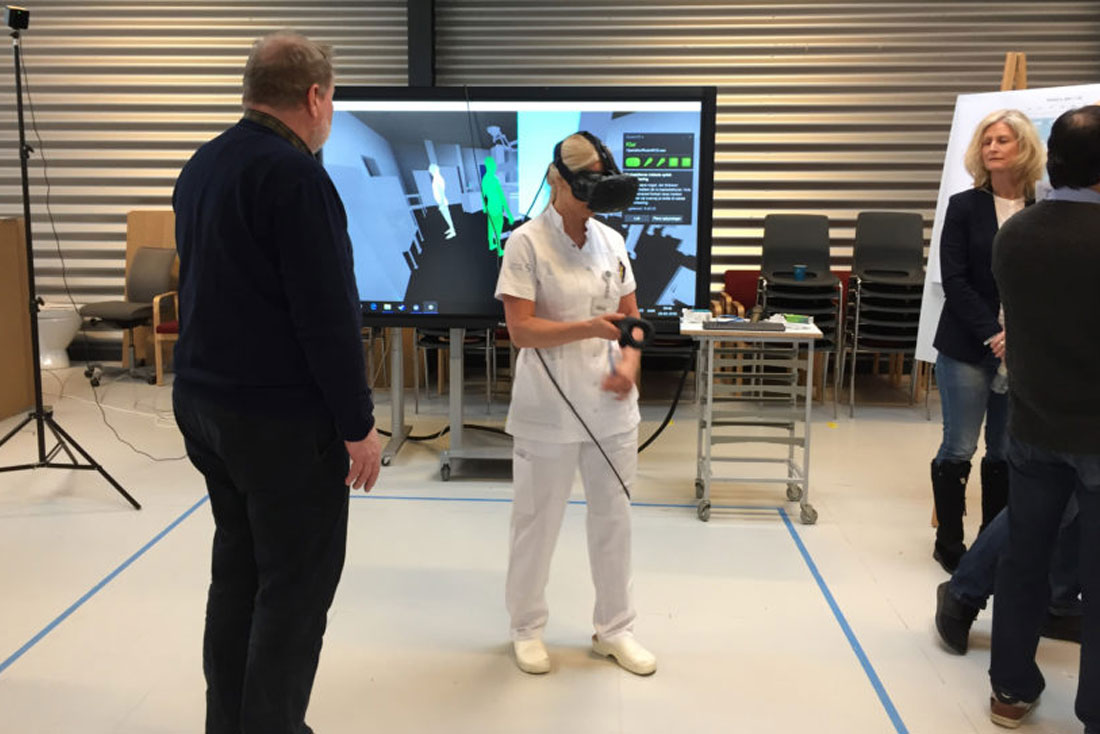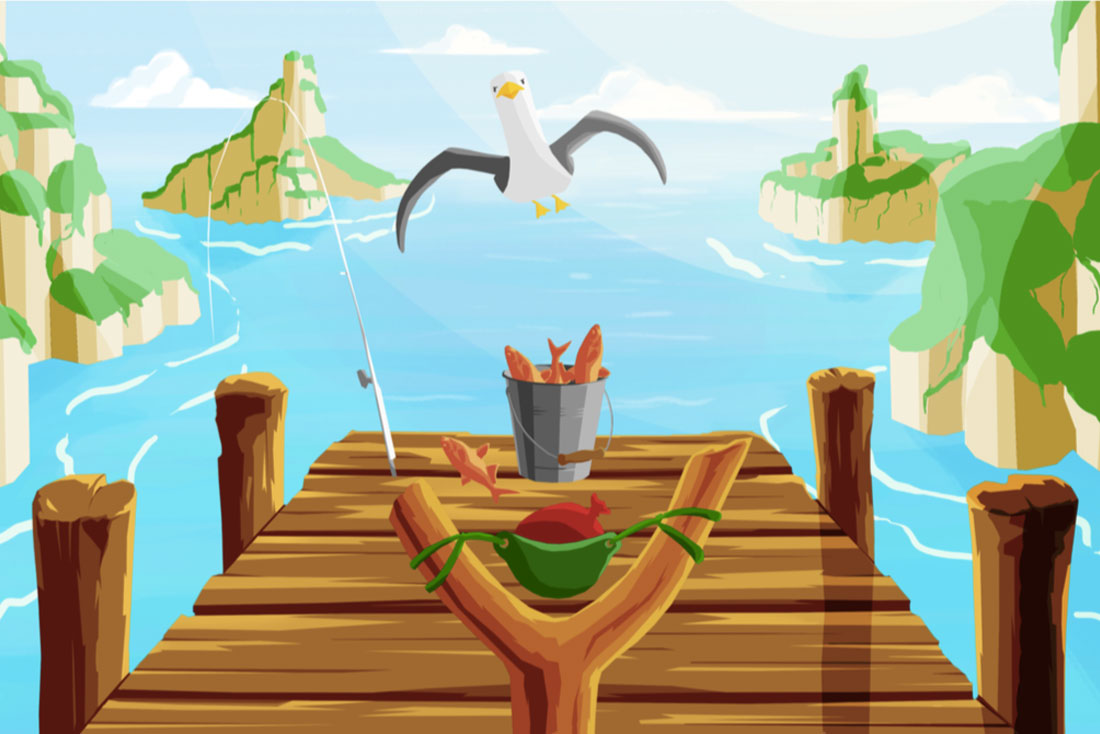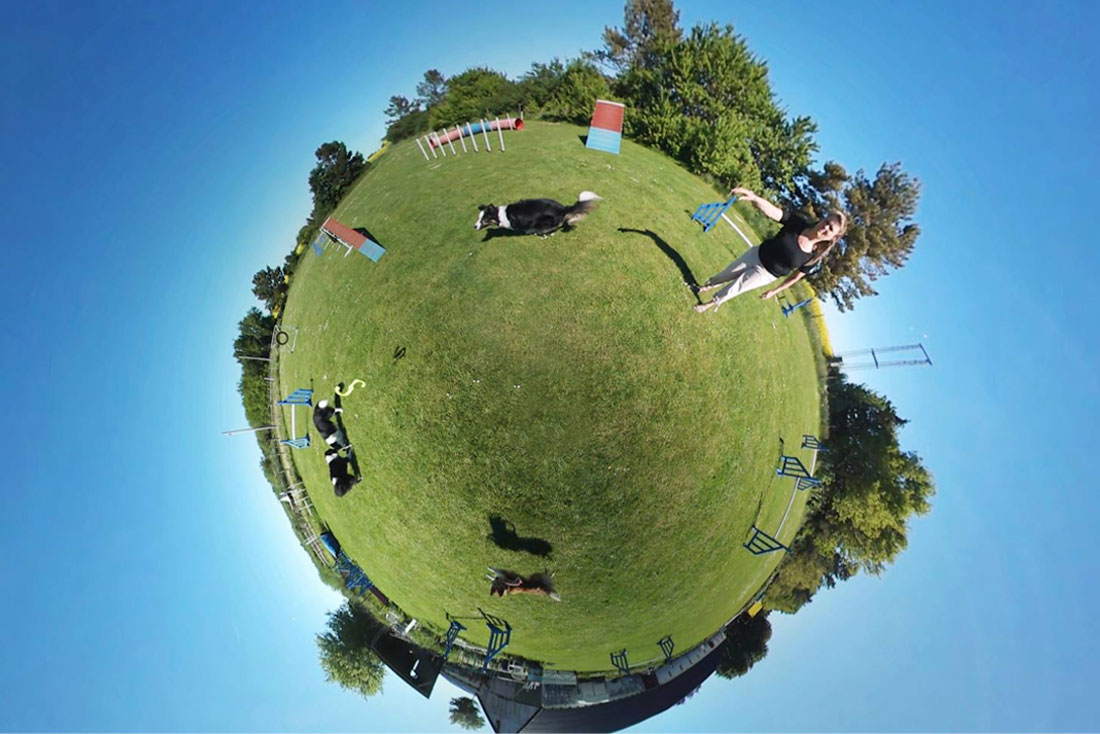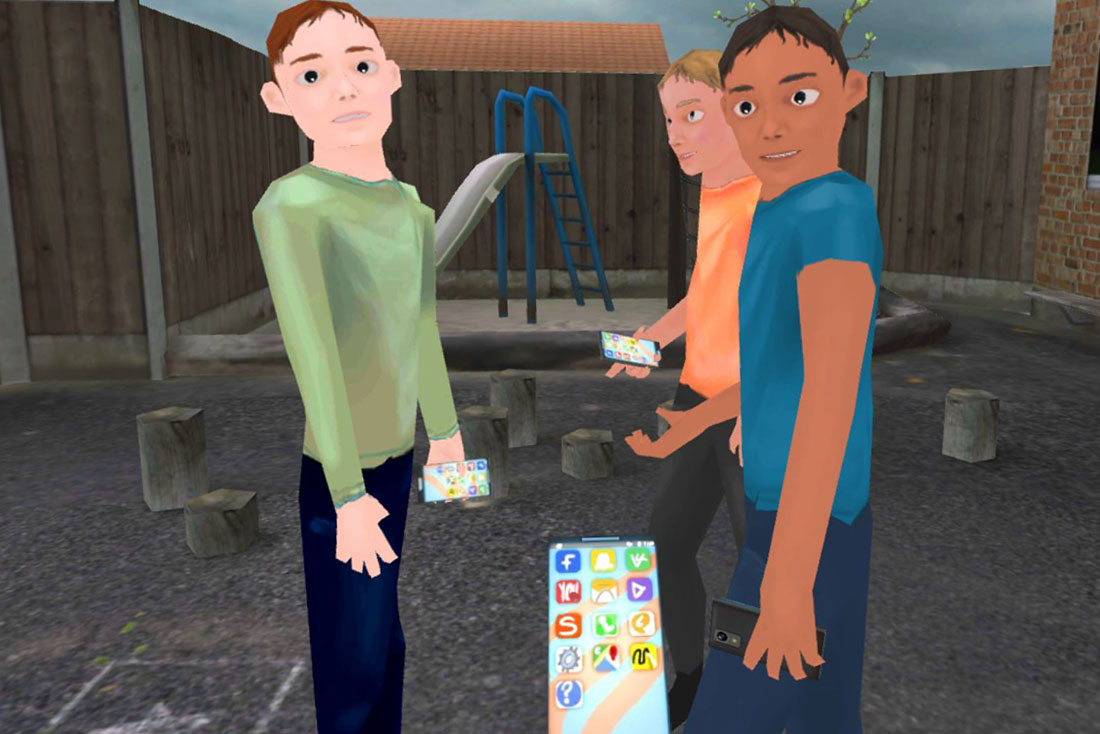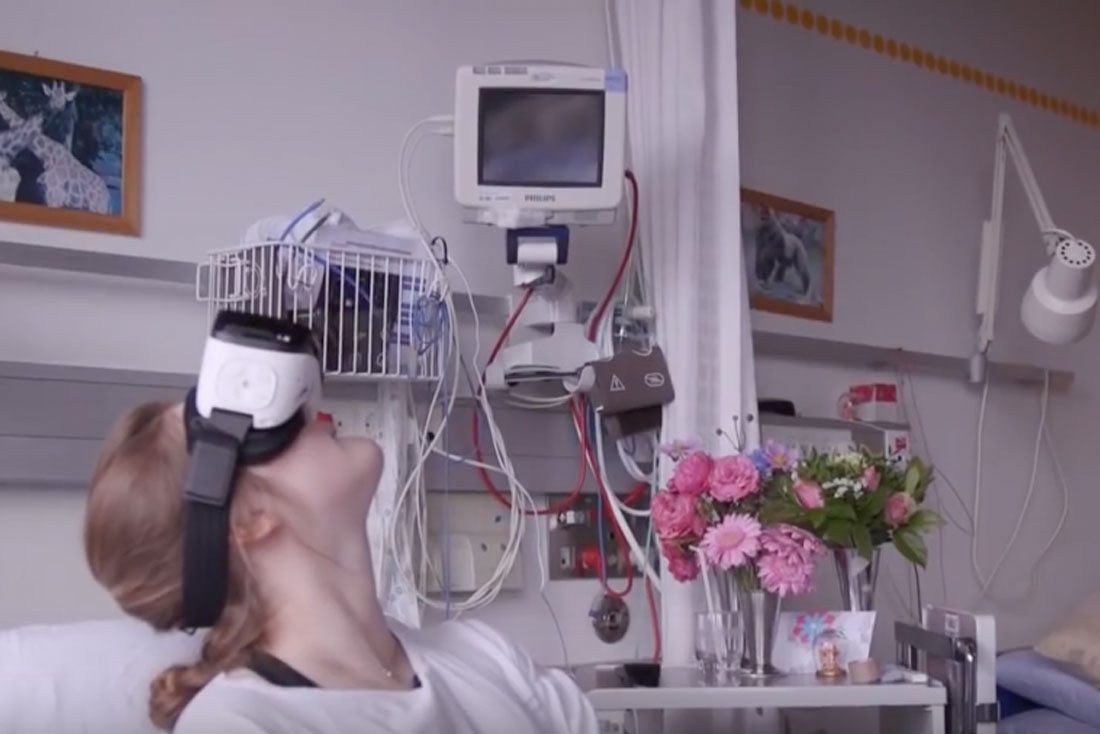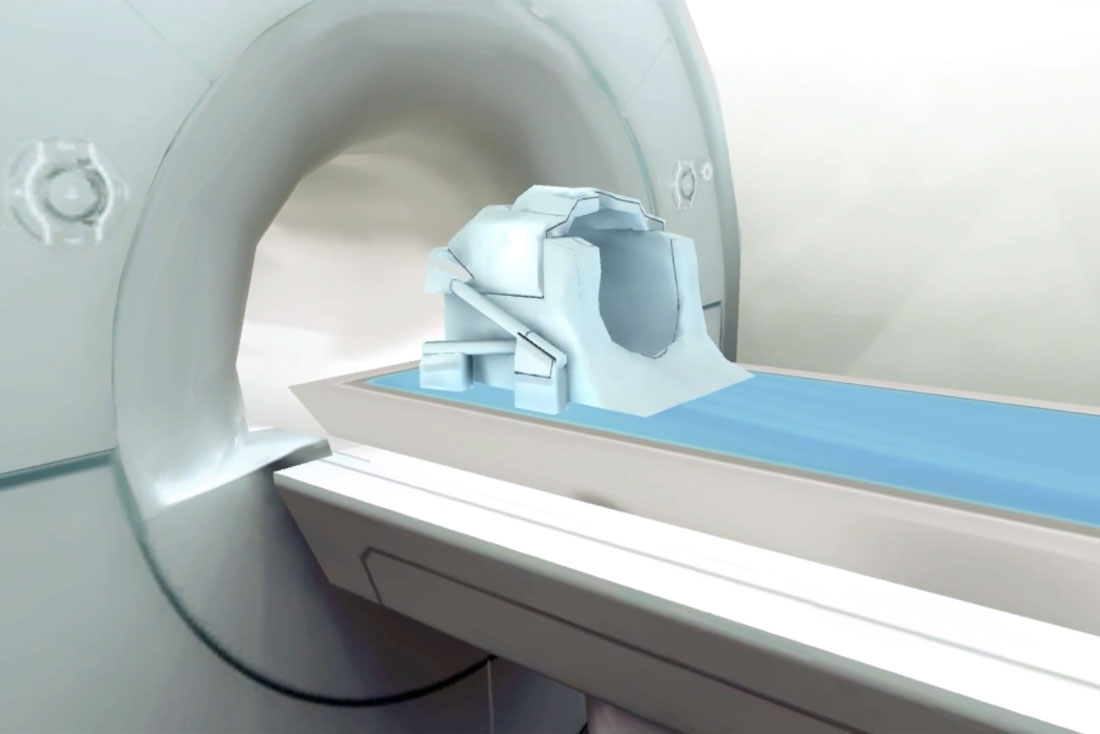Neonatal Resuscitation – VR Training Simulation
![]()
![]()
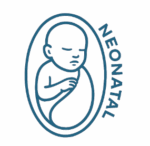
Client: Children’s Youth Department
Target Medium: Oculus Quest 2+
Challenge
Neonatal deaths still account for 44% of all deaths in children under five, despite advances in healthcare. Effective neonatal resuscitation training is critical for saving lives, but such training is complex, resource-intensive, and often inaccessible in low-resource settings. Healthcare workers in these environments need better tools to respond quickly and effectively during neonatal emergencies.
Task
Khora was tasked with creating a cost-effective, immersive VR training solution for healthcare workers, helping them develop the skills and confidence to perform neonatal resuscitation effectively. The goal was to deliver a high-quality, accessible, and repeatable training tool that prepares healthcare workers for high-stakes neonatal emergencies.
Solution
The VR training solution delivers simulated neonatal resuscitation training through two key scenarios: Neonatal Resuscitation and ABCDE Assessment. Using Unity, the VR application presents realistic, interactive scenarios where healthcare workers practice the necessary interventions to save a newborn’s life. The training includes:
- Quiz: Users select the correct steps in the proper order to progress.
- Sandbox: Users choose the appropriate tools or actions to continue.
- Skill Practice: Timing-based interactions to simulate real-world stress conditions.
Applicability
The Neonatal Resuscitation VR simulation training scenarios were initially developed in Denmark, but have since been adjusted and tested in other geographies and healthcare settings, most recently in Pemba, Tanzania, in 2024. This highlights the scalability and adaptability, as the VR scenarios can be designed to fit international standards and local practices.
Impact:
This solution empowers healthcare workers to practice critical skills and build confidence in a safe, controlled environment, improving their preparedness, response times, and emotional readiness during neonatal emergencies. The simulation has been adapted and tested through a feasibility study in Pemba, Tanzania, with 45 healthcare workers trained across three hospitals. The pilot study successfully demonstrated the system’s effectiveness in improving neonatal resuscitation skills in resource-constrained environments, providing just-in-time learning easily and repeatedly.
The project is currently co-funded under the EU Horizon program XR2LEARN to refine the VR solution and conduct additional clinical research among healthcare professionals in the Capital Region of Copenhagen.
Featured Cases
Contact-Healthcare
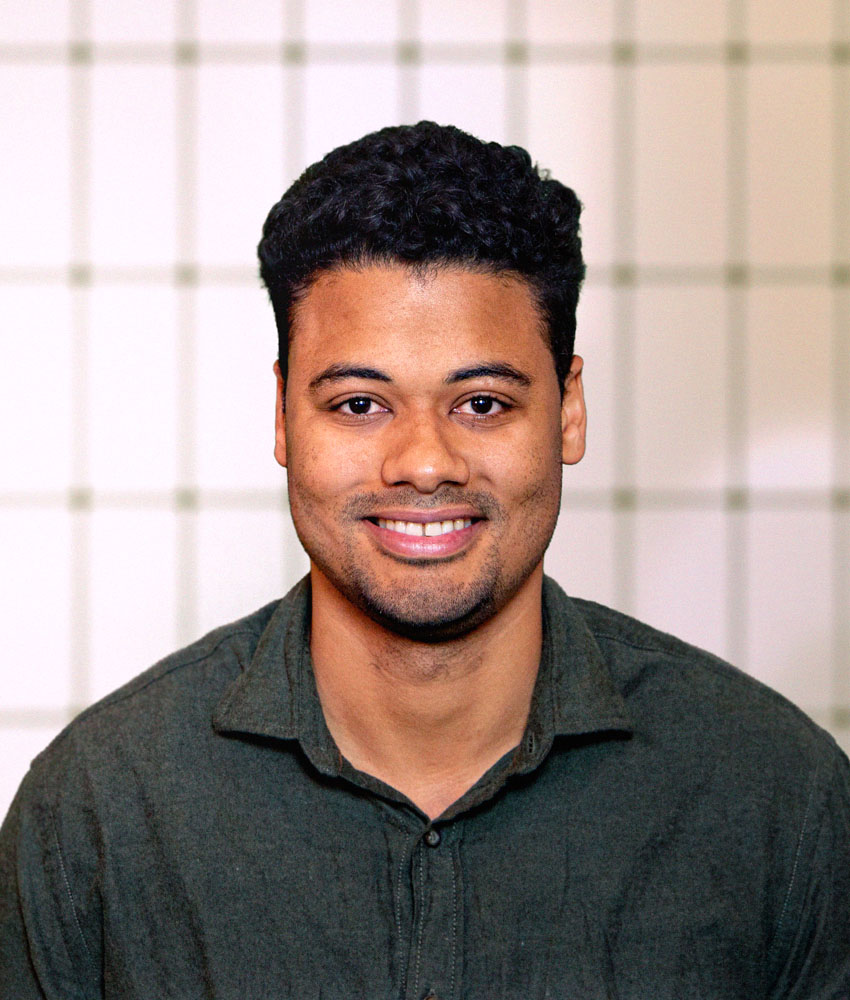
Mads Nathaniel Lopes
Business Developer
![]()
![]() +45 27 30 84 38
+45 27 30 84 38

